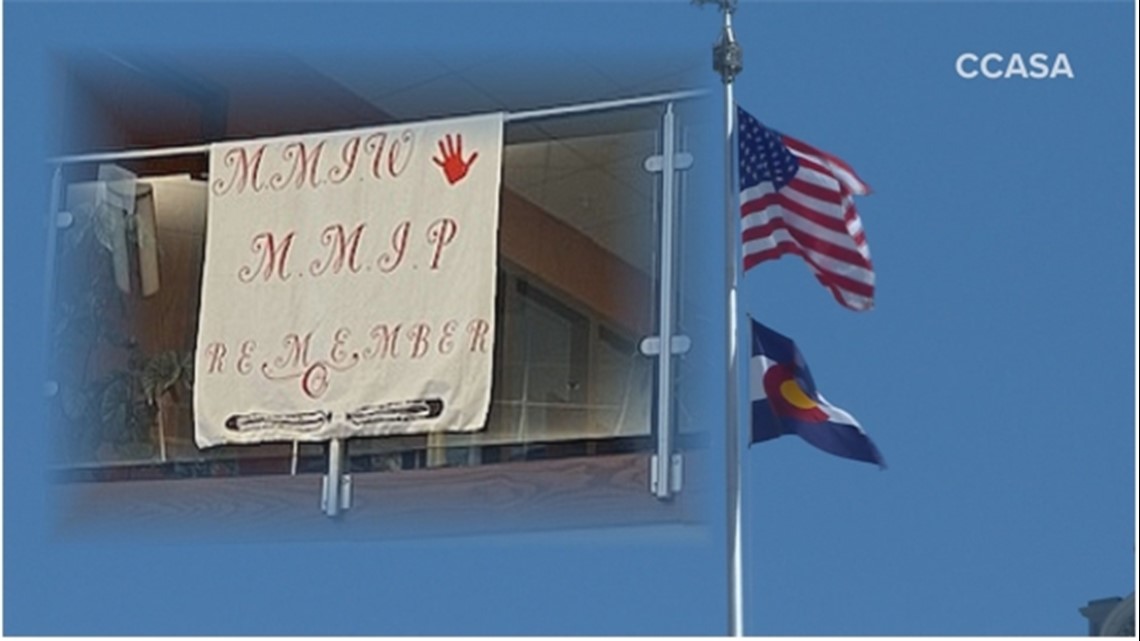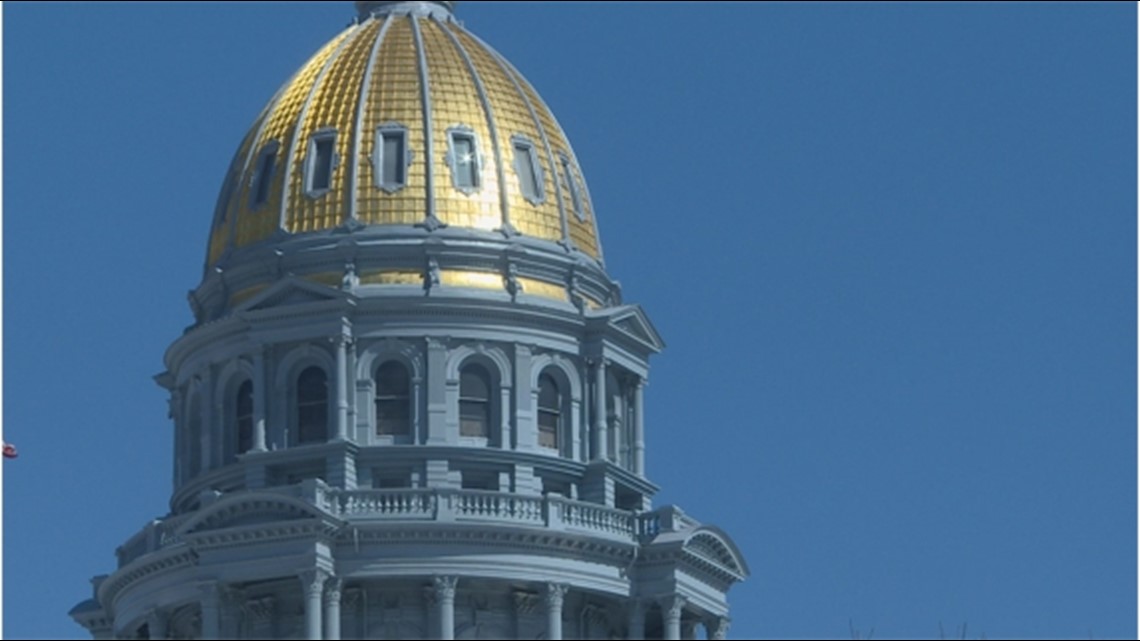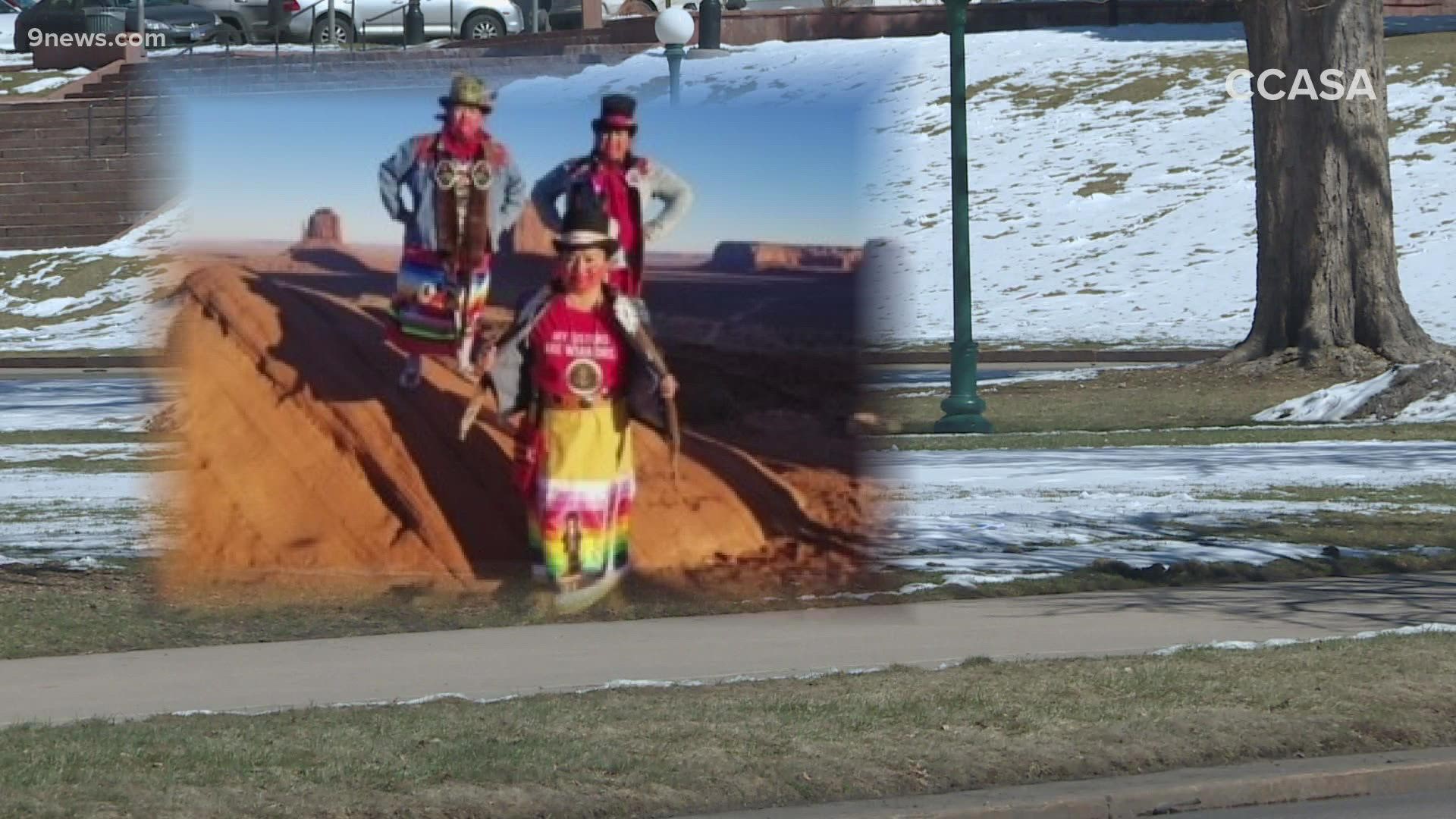DENVER — As a member of the Ute Mountain Ute Tribe in Colorado, Gina Lopez with the Colorado Coalition Against Sexual Assault (CCASA) helps a community she's familiar with.
"I believe very strongly in bridging communities and working from within to help inform and hopefully work towards creating safer and more honorable spaces within non-Indigenous resources for our community to see themselves and to get the support that they would like to have in their survivor journey and their healing journey," she said.
Lopez is the Rural and Indigenous Program Manager for CCASA, and said she recognizes that resources can be lacking when it comes to serving justice for those impacted by violent crime.
"We have represented in our Coloradans hundreds of tribal nations of folks who call Colorado home, who also experienced violence and also are experiencing a lack of our supportive resources and responses that have those cultural components," she said.
However, a new bill introduced Tuesday in the Colorado state legislature looks to help with resources by proposing to create the Office of Missing and Murdered Indigenous Relatives (MMIR).


The bill
SB22-150 is sponsored by three state lawmakers: Sen. Jessie Danielson (D-Jefferson), Rep. Monica Duran (D-Jefferson) and Rep. Leslie Herrod (D-Denver).
According to the bill text as introduced, the office would grant personnel access to "criminal justice records and medical, coroner, and laboratory records in the custody of a state or local agency that are relevant and necessary for the office to perform its duties."
A community volunteer advisory board would also be established, and the office would be required to collaborate with the Colorado Commission of Indian Affairs, among other Indigenous-led organizations.
A special notification system about MMIR cases would be set up, along with a website. The Colorado Bureau of Investigation would also be required to work with the office to help with investigations.
"And what we really need is to have really good coordination and data collection to help identify what is at the root of this problem," Danielson said.
According to the latest data from CBI, they have 17 active cases of missing Indigenous people in Colorado.
A fact sheet in support of the bill states that 15 other states have taken legislative action to address these types of cases.
"Too few of us were aware that this problem existed and how extraordinarily disproportionately this kind of crime impacts Indigenous Coloradans and Indigenous Americans across the country," Danielson said.


Support for the bill
CCASA is already listed on the bill's fact sheet as a supporter of the bill.
Lopez said there would be a big benefit to the Indigenous community.
"We would benefit because we would be seen," she said. "An important part of this issue for us here in Colorado and across the nation, of course, is that we don't have the data, we don't have the full picture so that we can confront it, so that we can know how to coordinate and partner with each other to really wrap ourselves around the issue."
The office would be under the state's Department of Public Safety.
Tribes including the Southern Ute Indian Tribe and Ute Mountain Ute Tribe, among others, also support the bill, according to the fact sheet.
"And we need to be able to have a place that can not only capture it, but also use their office and their position within the Public Safety Office to inform directly to our responders so that we're not having to continue to weave ourselves through hoops and obstacles. We need this change from within," Lopez said.
SUGGESTED VIDEOS: Latest from 9NEWS

